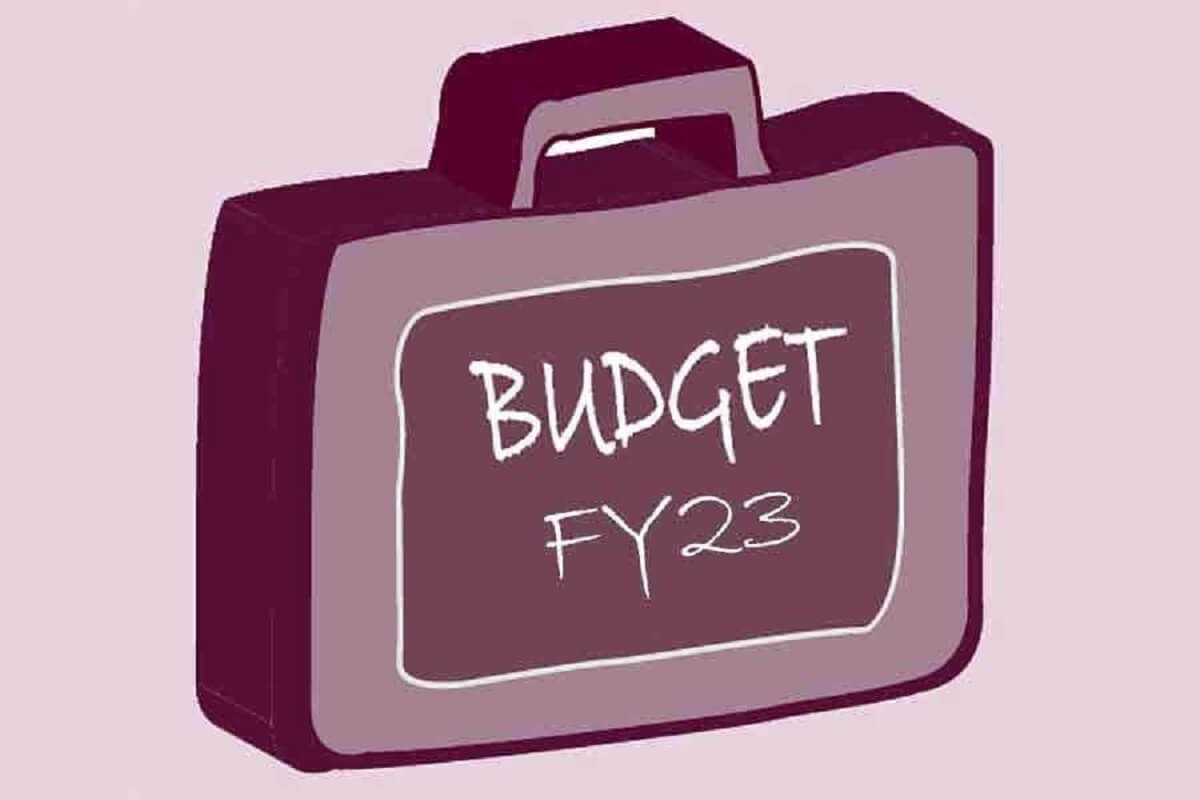Does 'Budget Charm' Captivate The Audience?
Khawaza Main Uddin | 18 June 2022
The days following the Bangladesh finance minister's presentation of the national budget in parliament turned out to be tiresome, for journalists and readers alike.
The contents of the annual financial statement and its possible implications kept them engrossed. And press conference, protests against some proposals and messages hailing the incumbents' document on the economic policies were the common features for reports and analyses.
History would say if the current custodian of the national exchequer, Mr AHM Mustafa Kamal, is luckier or otherwise. How far the public were interested in reading the reports on the budget he formally unveiled could be a matter of research! Why would people read the reports, if they contain nothing new?
No, it's not just because the readers knew everything about the budget in advance or announced the previous day, via television, online and social media. The reluctance is also not because the budgetary measures disclosed in June are broadly the confirmed versions of the medium-term budgetary framework, which now allows the government to deal with fiscal matters beyond the calendar.
Nor we can say the people are more informed of the policy matters these days than before merely because digital tools are available.
The image of leaders - assigned to handle the most complex policies that are not understandable to the commoners - may also be one reason for showing more or less enthusiasm about the budget process. Some of the former finance ministers could draw media attention because of their unique personalities.
Mr M Saifur Rahman was arguably the strongest finance minister who would be remembered for economic liberalisation, especially introduction of value added tax (VAT), in the 1990s. Budget coverage by the Bangladesh media reached its peak in that and subsequent decades. War-time prime minister Mr Tajuddin Ahmed was undoubtedly the most politically seasoned finance minister in Bangladesh history, ```although the country later shifted from the policy of the command economy pursued by him.
Mr Shah AMS Kibria had employed focus on old and new safety net programmes between 1996 and 2001 and Mr AMA Muhith on digitisation and public-private partnership between 2009 and 2018 as part of their party manifesto. Two share market scams occurred during their tenures - in 1996 and 2010-11.
Mr MN Huda, who was inducted first as advisor and then as finance minister, had played a vital role in defining fiscal policies in the second half of the 1970s. Mr M Syeduzzaman personally overcame the stigma of being a finance adviser and then minister during a military dictator, by initiating economic reforms in the mid-1980s. However, the arrival and exit of Mr Wahidul Haque from Toronto, Canada, as finance minister in the late 1980s proved his isolation from the country.
Other than the finance adviser to the 2007-2008 caretaker regime, Mr Mirza AB Azizul Islam who authored two budgets, only Mr Wahiduddin Mahmud as the finance adviser to a caretaker government had prepared an interim budget in 1996. Despite having associated with budget documents, a few other names have almost gone into oblivion.
Incumbent Mr Mustafa Kamal has inherited the financial sector which was plagued by banking scams including the world's largest cyber heist of Bangladesh Bank's reserve money, apart from the share market collapse, in the 2010s but backtracked on forming a banking commission, let alone disclosing probe reports. He is the only businessman-turned-finance-minister of the country.
Leaders of different periods can't be compared but public perception of them may be understood through freshness and uniqueness of the media coverage or, maybe, their charisma prompts the media to create their public image.
The same narratives used for budget reporting during, say, Mr Saifur Rahman or Mr Kibria's time, couldn't make the same impacts in the subsequent decades. The era of the personality cult, as reflected in public eyes in the 1960s, 1970s and even 1980s, may have been over with the advent of the digital age.
Today's readers may have been bored, alarmingly, with monotony of presenting repetitive information relating to budget and various other policy issues that still have bearings on public life.
Khawaza Main Uddin, Writer.
This article was originally published on The Financial Express.
Views in this article are author’s own and do not necessarily reflect CGS policy.
